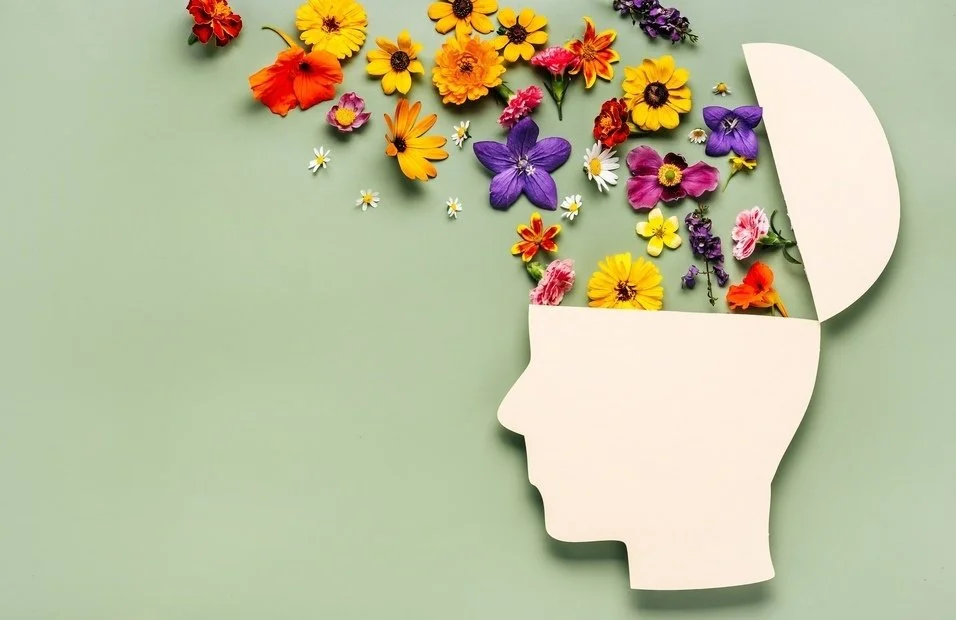Minority Mental Health Awareness Month
July is the National Minority Mental Health Awareness Month and this year we’re bringing awareness to the unique struggles that racial and ethnic minorities experience. Anyone can experience mental health struggles regardless of their background, but background and identity can present unique circumstances and make access to mental health support much more difficult.
Minority Mental Health Awareness Month was formally recognized in 2008. It was founded by Bebe Moore Campbell, an American author, journalist, and mental health advocate. Campbell worked tirelessly to shed light on the mental health needs of the BIPOC community.
Campbell was one of the founding members of the National Alliance on Mental Illness (NAMI) Urban Los Angeles. This organization was established by Black women who saw the need to support each other through seemingly insurmountable circumstances.
To this day, the NAMI Urban Los Angeles is one of the nation’s largest grassroots mental health organizations dedicated to education and building better lives for the millions of individuals struggling with their mental health.
In 2008, Congress passed a resolution that recognized July as Minority Mental Health Awareness Month. This month highlights these goals: improving access to mental health treatment, address the need for improved access to care for those with severe and persistent mental health disorders, and bringing awareness of mental health in minority groups to the public.
Since then, July has been a month to educate and reduce the stigma in the public regarding mental health in minority communities.
How to Participate
1. Educate Yourself
It’s important to take time this month and learn about how mental health impacts minority communities. It’s your responsibility to learn, not others responsibility to teach you. There is a myriad of resources you can use to learn more about the impact of mental health in the BIPOC community. Use online resources, books, and documentaries available to learn more about different cultures.
Learning about mental illnesses and their symptoms is also a great step in educating yourself. Understanding how mental illnesses affect people’s lives can help you have more empathy for others. You can also learn about self-care habits to protect your own mental wellness. Sites like National Alliance on Mental Illness (NAMI) is a great resource.
2. Share Your Story
One of the best ways you can support and participate in National Minority Mental Health Awareness Month is to share your own story. Keeping mental health in the conversation is a great step in destigmatizing mental illnesses. The more you are willing to share about your own experiences, the easier it is for others to believe they are not alone in their communities.
3. Respect Other Cultures
When you are listening to someone from a different culture talk about their journey with mental health, it’s important to respect how aspects of their culture are different from yours. Do not judge or trivialize their story, have an attitude of acceptance.
4. Focus on Self-Care
Another great way to participate this month is to focus on your own mental wellbeing. There are plenty of ways you can integrate more self-care practices into your routine. Eating a healthy diet, staying active, getting enough sleep, journaling, and practicing mindfulness are all great ways to take care of yourself.
5. Support a Mental Health Non-Profit for Minorities
There are many non-profit organizations that bring awareness to mental health in minority communities. You can find an organization that has a personal connection to your own journey, or one that has a mission you truly believe in. If you are not in a position to give a donation, you could look into volunteering in your area. Supporting your community with your time and energy is just as effective as donating money.
These organizations are always in need of funds to support their events, so this month is a great time to donate time or money for an organization. Check online for a list of national organizations or non-profits in your area.
If you or your loved one are struggling with mental health and need support, please reach out to us. Our team of therapists is here to provide support and guidance. We look forward to connecting with you.






